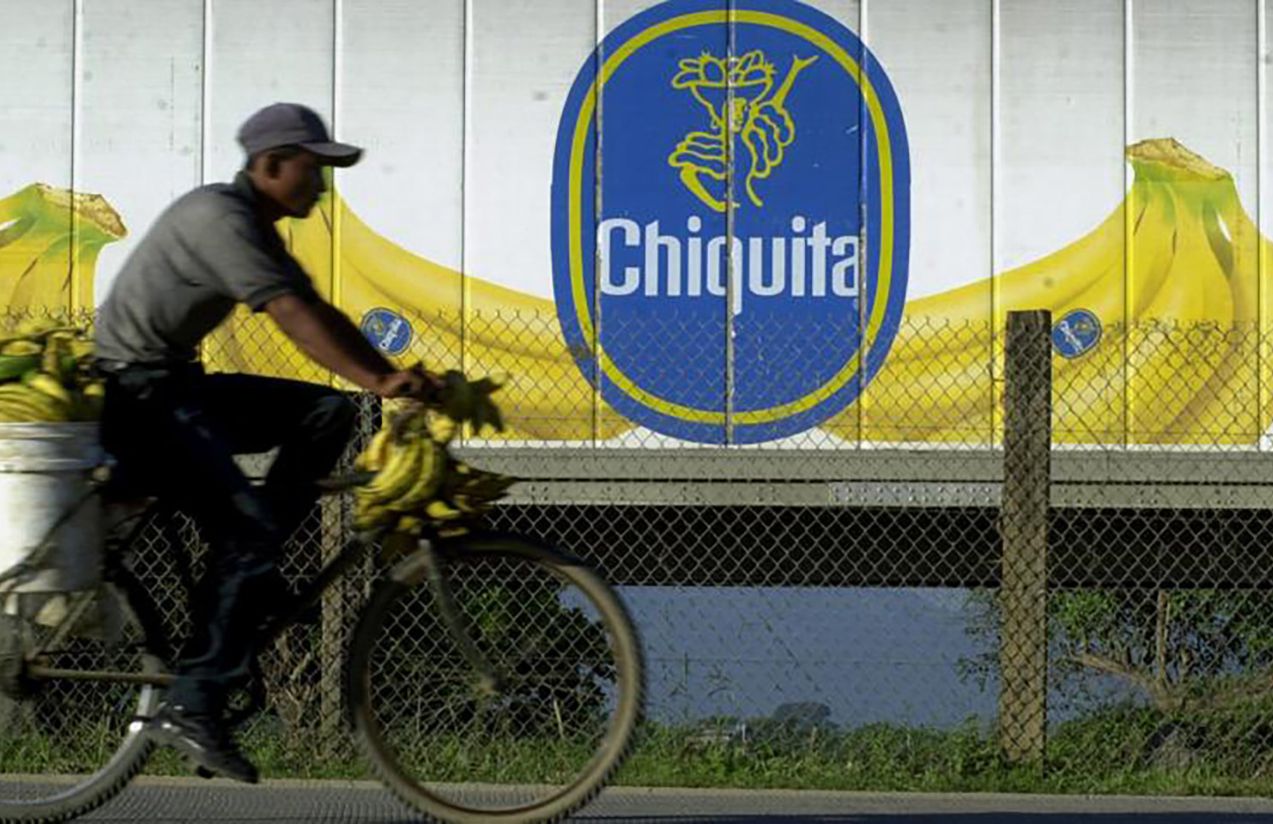The government of Panama declared a new state of emergency on Friday in the province of Bocas del Toro, the country’s main banana-producing region, in response to a wave of escalating violence during protests that have stretched on for nearly two months. The measure, which suspends constitutional rights such as freedom of movement and assembly, will remain in effect for five days.
Presidency Minister Juan Carlos Orillac announced the decision, stating that it aims to “restore peace and order” following a series of violent incidents, including the forced entry into Changuinola’s airport and the looting of offices belonging to the multinational banana company Chiquita Brands.
President José Raúl Mulino and his cabinet approved the emergency decree after assessing the deteriorating situation in Bocas del Toro, where banana production remains virtually paralyzed. This new measure replaces a previous emergency declaration from May 27, which addressed the crisis caused by strikes and road blockades but did not suspend individual constitutional rights.
The Ministry of Security had already deployed over 1,500 officers to the region in an effort to reopen roads, which remained blocked despite an earlier agreement between the government and union leaders to end the protests. Tensions flared again this week with renewed unrest and acts of vandalism.
The National Assembly recently passed a law restoring benefits to the banana sector, which protesters claim were removed under a controversial social security reform in March that sparked demonstrations across the country. However, demonstrators argue that the government’s response has been insufficient.
Francisco Smith, the banana union leader who had taken part in talks with the government and initially called for an end to the strike, was arrested on June 15 for his alleged involvement in the unrest and remains in custody.
Authorities report that the clashes have resulted in over 50 arrests, multiple injuries among both civilians and police officers, and the death of a young man, which is currently under investigation.
On Thursday afternoon and evening, groups of masked individuals stormed Changuinola’s airport, vandalized rental vehicles, and looted Chiquita’s local offices. There were also reports of damage to the National Civil Protection Service office and a partial fire at the town’s baseball stadium.
As a result of the strike, Chiquita announced the closure of its operations in the province and the elimination of more than 4,500 jobs, citing over $45 million in losses.
Minister Orillac justified the temporary suspension of constitutional rights as a means to prevent “radical and criminal groups” from organizing further acts of vandalism that endanger public safety and property.
The protests in Bocas del Toro and other regions began in late April, fueled by a range of grievances including a security cooperation agreement with the United States, the possible reopening of a previously shuttered mine, and, most prominently, the recent pension reform law.

